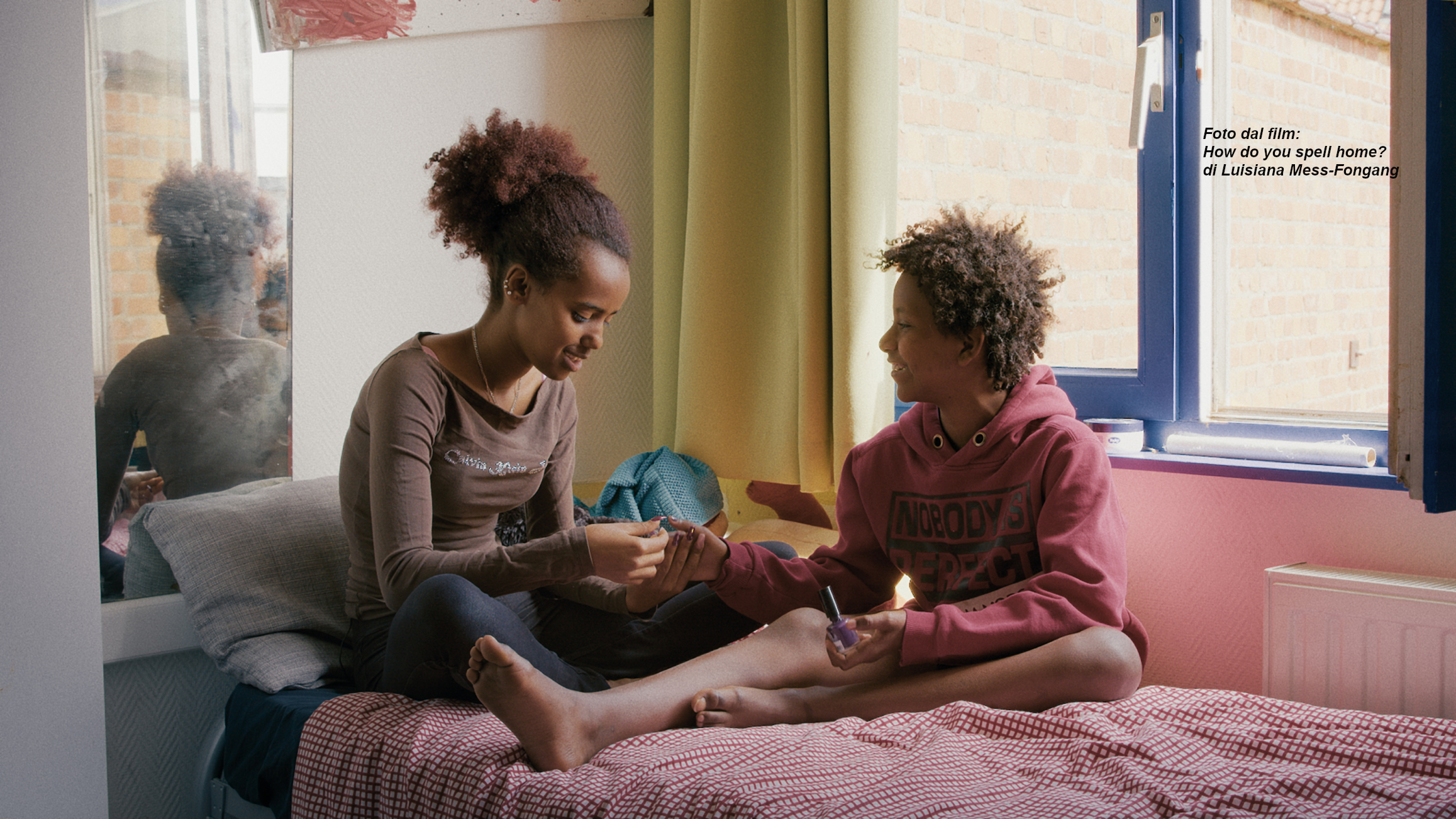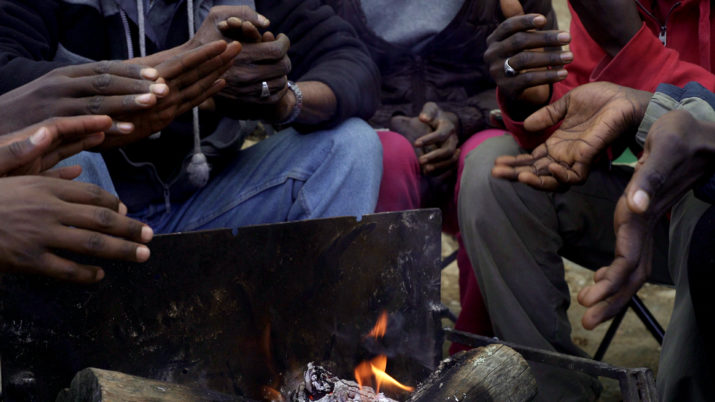directed by Jean Boiron Lajous, Francia 2019, 90’
The Roia Valley is a borderland: since 2015 the frontier has been closed, controlled by the police. Sixty kilometers, divided by the river between Italy and France, are a door between the rocks to a better life or simply a way to survive. The bandits, who patrol the slopes, are men and women who defy the law by guiding the migrants along the villages that rise on the slopes. Knowledge of the territory is salvation, on the plateau, for the many stranded in Ventimiglia who every day try to cross tracks, roads, and bridges. Jean Boiron-Lajous’s documentary documents a painful reality, as he follows in the footsteps of the outlaws: the voices, often off-screen, tell of an illegal solidarity that transforms into an act of resistance to European governments, still unable to respond to the human tragedies that continue to pass through their territories. The mountains are a land of exile, the background for the gazes and faces of those who dream of what lies beyond the ridges, a silent witness to the steps of bandits.
Watch the trailer
Documentary available online from November 10 at 9pm to November 12 at midnight
at festivalscope.com/
Available for free for up to 400 people
Live on Facebook: Thursday 12th November – 5.30 pm
with Davide Rostan (Waldensian pastor) e Daniela Trucco (Ecole Française de Rome et Université Côte d’Azur ERMES/URMIS)
“Borders, immigrant policies and civil society between Italy and France.”
In the Maritime Alps, the border has once again become relevant since the summer of 2015. Since then, the reinforcement of the anti-immigration patrols on the major roads between Italy and France has been followed by solidarity and mobilization from both the local population and a part of the cross-border and international civil society. On both sides of the border, in Briancon and in the Valley of Susa, cases of solidarity have taken place inside the civil society. The support of the population has filled the void left by public institutions and has avoided a greater number of dead and injured people. In the past few years, in France, a network of solidarity was created in order to do information work and lobbying at an institutional level, involving organisations such as Amnesty International, Anafè, La Cimade, Medicine du Monde, and Medicine sans Frontières. In Italy, some ecclesiastic institutions, the NOTAV movement, a few municipal administrations and small non-governmental organisations like Rainbow4Africa have created a network that allows them to give shelter to those who are rejected. The presence of a significant number of people who were made illegal by the current European and National policies, in the urban areas like Ventimiglia, but also in the rural ones like the Valley of Roya and the Valley of Susa, has raised issues about cohabitation and hosting which have fueled the local, national and international political debate, but also the media and sensationalised narratives of the border. The connection between law and legality, mentioned in Jean Boiron Lajous’s documentary, is a crucial point in the solidarity practices to the people transiting, which can be explored through border studies and legal consciousness studies. The encounter with migrants and solidarity work, which are often prevented by European countries, allow us to take a look at our notion of citizenship in the light of what happens along the borders of Italy and Europe.




